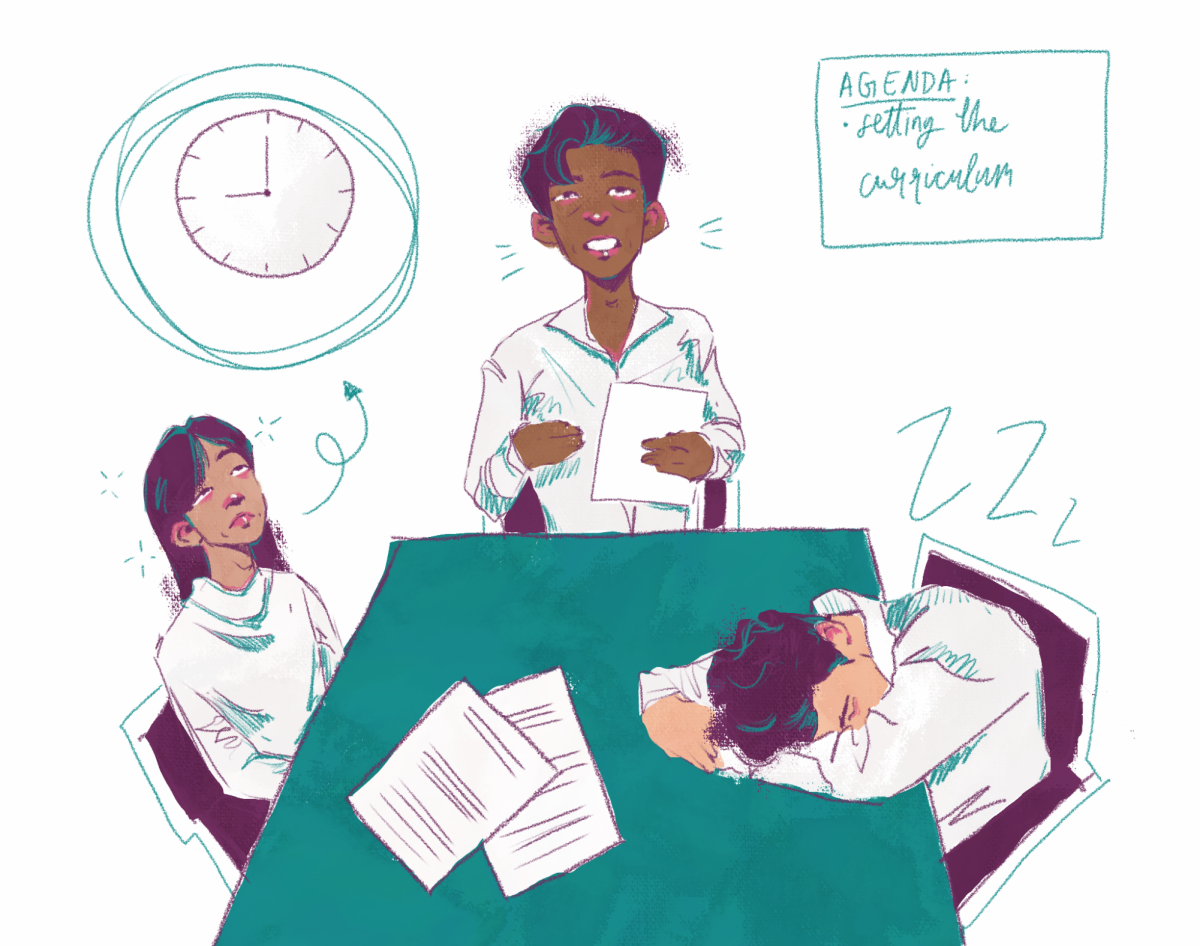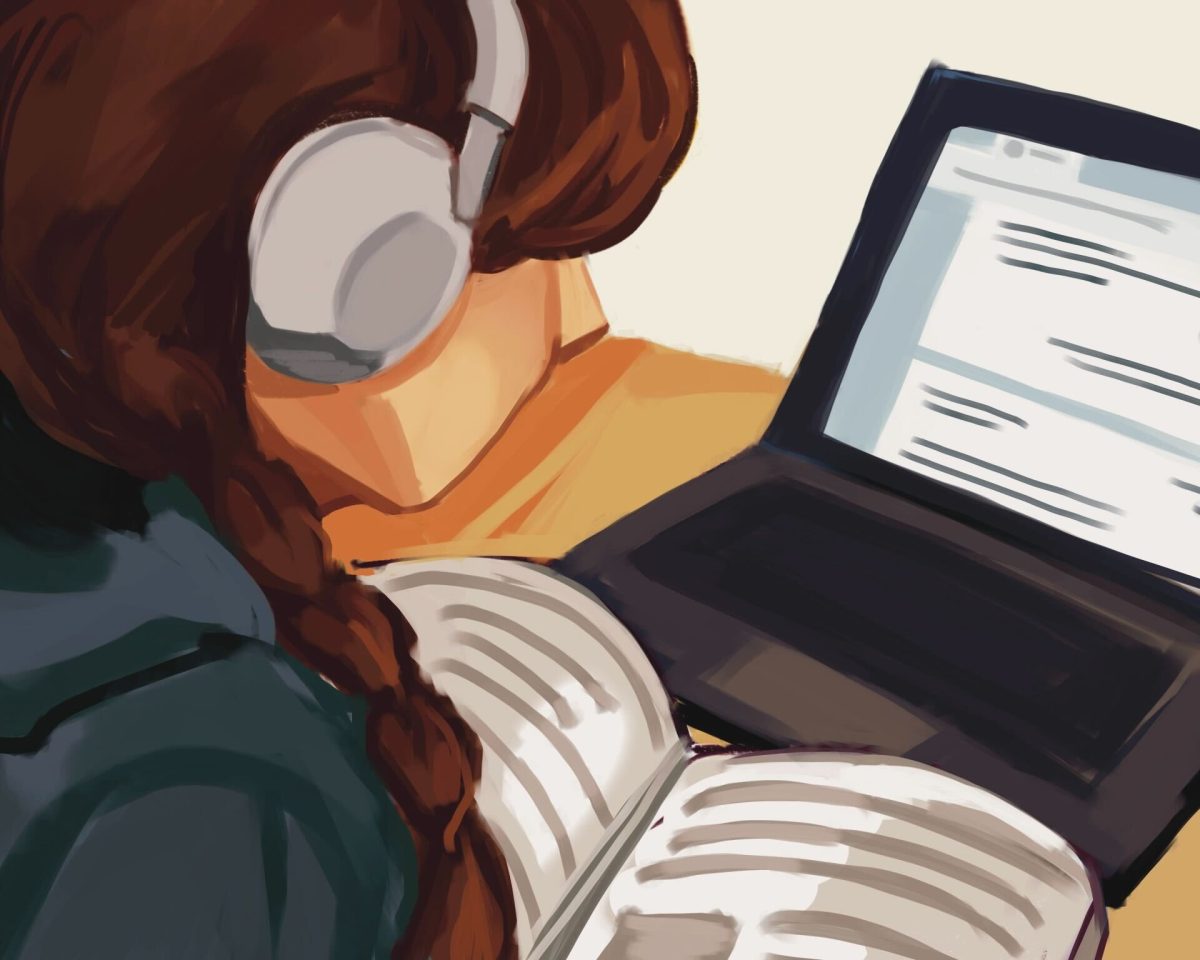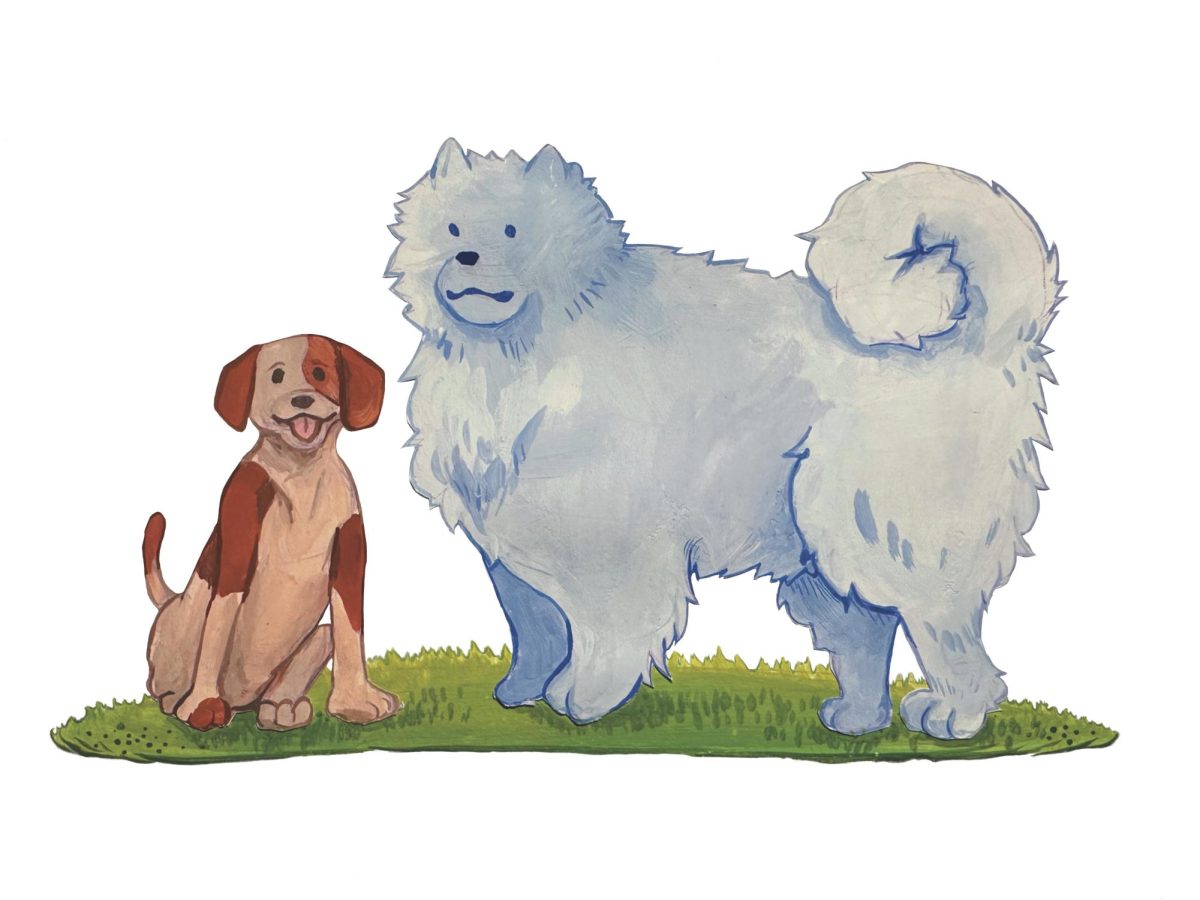With senioritis kicking in stronger than ever, seniors slowly gravitate towards one of the possibly most influential events of their lives — graduation. With graduation comes the unveiling of fanciful attire students wear for such an occasion. Spanning back to 12th century Europe, the traditional cap and gown attire was donned by students of newly formed universities as a means to distinguish groups of academics in postsecondary institutions, and as a convenient tertiary usage, to keep warm in frigid temperatures without the heating systems we have today.
But focusing solely on the headdress portion of the now commemorative outfit, the 20th century brought along greater use of the modern flat-top graduation caps for secondary education graduation and Baccalaureate ceremonies. And in more recent years, graduates have begun to decorate their caps with future plans after high school. This has solidified as tradition at many high school institutions for students to decorate their caps with their future plans, and with good reason. Many students’ next step after high school is college, and thus most students decorate their caps with logos and mascots of the various postsecondary institutions they will attend. However, recently some schools across the nation, including the administration of our cross town neighbors at Henry M. Gunn High School, have proposed and even taken action to eliminate the idea of decorating graduation caps altogether.
Such a proposal is incorrect for many reasons. In high school, teachers, parents and peers alike encouraged students to strive for individuality throughout the high school experience. Symbolically speaking, the decoration of high school graduation caps, or at a bare minimum the option to decorate graduation caps, represents one final time a student can demonstrate their singularity with respect to others as a high school student. Intended to create a celebratory mood, the cap with decorations serves as much more than just a culmination of high school; rather, it serves as a pigment representing the past and the future in a simultaneous manner. The cap as a physical entity serves as a reminder of the four years of high school one has endured, while at the same time denotes the beginning of what is ahead. There should be no flaws with such intentions. Given all of this, it is ironic how we can say that one of our main intentions as people who truly strive for the freedom of expression for all. To disallow such a tradition is like feeding the homeless without food — insulting and purposeless.
The cap as a physical entity serves as a reminder of the four years of high school one has endured, while at the same time denotes the beginning of what’s ahead.
Taking away students’ ability to express their future endeavors through graduation cap art may not seem like much. Not only would students lose the freedom of expression during a time of intended celebration, but such a ban features limited, if any upside as a preventative measure for anxiety and stress. Those who choose or support a ban of decoration of graduation caps may find the act of decorating graduation caps as a compulsive act to show superiority based on the college one attends. However, not allowing students to decorate graduation caps represents an administrative concession that the shallow meaning of high school is solely defined by which college one attends. It is certainly fair to be concerned about student well-being; however, the compulsive manner in which such action would be taken concludes that the primary purpose of high school in general is for administration well-being. (With all due respect, many do believe that administration well-being is important for schools to function. However, students ought to still be treated as first priority in an educational institution.)
Not allowing students to decorate graduation caps represents an administrative concession that the shallow meaning of high school is solely defined by which college one attends.
In addition, those who are not in support of allowing students to decorate their own graduation caps may think that a ban would help alleviate any anxiety or anger students have towards each other. For one, graduation is a time of celebration rather than hostility. Despite the grudges students may have on one another, everyone is generally happy due to the inherent nature of such a monumental achievement in students’ lives.
By not allowing graduation cap decorations, those who implement such a ban concede that there indeed is really only one valuable measure of success — the college one plans to attend next year. Rather than celebrating individuality and the successes students have had over four years of high school, the ban would also set the precedent that students shouldn’t be proud of their futures because someone’s post high school plans deviate from another’s plans.
Why should a senior’s graduation be spoiled by disallowing his or her ability to decorate graduation caps?








